Final Fantasy XII was the last Final Fantasy title to be released on the Playstation 2, was considered by some to be the final goodbye from Square-Enix to the PS2 era (as the Playstation 3 was due for release later on that year), and told (or attempted to, I should say) a story reminiscent of an approach that gamers had not seen since Final Fantasy Tactics. With many delays that brought about a 5 year development cycle, far greater than any Final Fantasy title before it, is this Ivalice adventure truly a masterpiece of the genre, or has the long-haul caused this Square RPG’s reservoir to run dry?
Final Fantasy XII
Developer: Square Enix
Platform: PlayStation 2 (reviewed)
So let’s get to it. You play as Vaan, an androgynous-looking orphan from Rabanastre who dreams of becoming a Sky Pirate. Our energetic Michael Jackson soon finds himself caught up in a series of conflicts when he, against his friend Penelo’s advice, infiltrates the Rabanastre Palace during a celebratory dinner for the newly appointed Consul and comes upon the Goddess magicite. He soon runs into Sky Pirate Balthier and his viera accomplice, Fran, who happen to have been searching for the same thing. After the dinner party is crashed by the invasion of the Resistance force, Vaan, Balthier and Fran work together to escape amidst the chaos when they encounter the leader of the Resistance, Princess Ashe. After a large turn of events, including an escape from imprisonment with the help of Ashe’s loyal Knight, Basch, Vaan and his friend Penelo journey together with the Resistance to help liberate Ashe’s oppressed homeland of Dalmasca and reclaim her place as its Queen.
Final Fantasy XII’s story is surely one of particular minority among its predecessors. While elements of mythology do exist in the structure of the games plot such as summons, nethicite, and the ambiguous, all-knowing-all-seeing Occuria, in the end, FFXII is all about people–or was supposed to be, but I’ll get into that shortly. It was refreshing to play a game without an apocalyptic premise or a conflict that ended up having its hero battle a divine being to the death. XII kept a large political focus and told a story about nations at war. Considering how often Square presents us with games that always boil down to defeating/destroying holy deities, deciding to humanize XII’s story by bringing it back down to earth where we can relate to the conflict more readily was a fantastic idea. It is regrettable that even after all was said and done, it remained to be just that, an idea.
Perhaps one could blame this on the fact that the game went through several directors during that 5 year development cycle, and that the conflicting visions of several different people convoluted the storytelling as horribly as it did, but it goes without saying that the storytelling of FFXII is a mess. It starts off beautifully with a steady introduction of all the main characters that will eventually make up your permanent party of fighters throughout the game, but the longer the game progresses, the further away from sense the story starts to travel. Cutscenes in the game are beautifully crafted, showing top-notch talent in both voice-acting and cinematography, but beyond that, there isn’t much cohesion between the game’s many intriguing elements, almost as if each director just added on their piece of the puzzle without once considering consolidating the work of his predecessors. As a result, despite the stellar quality of the cutscenes, there is a significantly less number of them which I can only imagine it was due to each director being unable to create fluidity between them.
As if to try to make up for this deficit, you spend most of your time navigating long dungeons that take several hours to complete. I wouldn’t consider FFXII a level-grinder by any means, but because of the amount of enemies you face as you travel through each area, and the length of time you need to invest to reach the end, you will gain quite a few levels regardless of it was your intention or not. Now this is where one can debate whether or not FFXII is a ‘long RPG’, but to answer that it really depends on what criteria you’re considering. My first run-through took a good 40 hours (and I’ll have you know I made every effort to make sure every monster in every dungeon on the field met their demise at the tip of my bladed steel), but the journey itself felt short–and in all honesty, it probably was. Cutscenes were isolated and not proportionate to the amount of hours you spend actually playing the game. Out of the 40 hours I clocked in, I can confidently argue that less than 1/7 of that was from the actual storytelling (about 6 hours of cutscenes, not all of which involved plot advancement/character development). There reached a point where the game structured itself in a way where you’d go for long hours in a dungeon, only to have a few cutscenes that were not always particularly important to the plot, then thrust into another dungeon for several more hours. Finally, you get to the notorious 90+ floor level dungeon, only to find there are a few cutscenes left and that the story was already nearing its end, even though you felt nothing really happened. Consequently, FFXII felt incomplete and definitely fell below the standards of more usually comprehensive storylines that Square usually produces. With such a sociopolitical focus, which definitely presented much potential that could have been utilized, these opportunities were simply ignored or left to rot.
Now because the storytelling suffered from the aimless direction, naturally so too did the characterization. FFXII has quite possibly the most stagnant group of characters I’ve ever seen in a FF title. It’s amazing that the characters Square decided to highlight remained static and unchanging, yet the ones that did show promise were either shoved aside or were just killed off early. Despite being the game’s main protagonist, there remains to be anything particularly compelling about Vaan and his reason for being on the journey that unfolds. There are a few points where the story begins to lure you in a direction that you think will delve further into Vaan’s development as the story progresses, but many of these attempts came to an abrupt end or simply did not follow through to completion. Perhaps this is yet another product of the messy collaboration between the many directors who took on this project. In terms of characterization, instead of improving the genre with some breathtaking characters, you have the systematic destruction of any character that was remotely interesting to watch and would’ve provided some riveting character dynamic. Anyone that brought passion and more meaning to the word ‘justice’ and dedicated themselves to their cause just seemed to be tossed aside at the first opportunity. True, this couldn’t be said about Ashe’s clear dedication to liberate her homeland from the Empire, but the story constantly ridding itself of any charismatic characters that would’ve drove the theme home makes Ashe’s objective feel cheap and insincere, provoking thoughts like ‘she’s the heroine, of course she’s gonna have to get her way’ instead of making you truly feel the struggle she was going through.
Though disheartening, Square-Enix delivers in other respects at least with stunning graphics that will probably be remembered as the best there ever was on the Playstation 2. This comes as no surprise considering how late in the PS2’s life cycle it was before the game finally found its way onto store shelves. And of course, with the exceptional voice-over performances of all the major characters, FFXII is a visual treat for any gamer who expects such graphical prowess from a Square title; FFXII is no exception.
The gameplay of Final Fantasy XII is mostly done in real-time with seamless map-to-battle transitions, but do not make the mistake of believing those that say FFXII’s battle system is ‘new and revolutionary’ to the genre. It goes without saying that FFXII’s battle system is the first of its kind out of the ‘offline’ titles of FF, and its application certainly didn’t ruin the enjoyability of the game (although some claim the opposite), but its core elements are frighteningly identical to the battle system used in Final Fantasy XI, which has been around since mid-2002. In FFXII, you are able to control your party members’ movements in real-time, but there is no standard attack button that allows you to strike at enemies at your whim. Instead, attacking is automatically done for you when you unsheathe your weapon and get within range of your target. Delays between attacks are determined by a three-digit number that is associated with the weapon your character is currently using. Smaller and/or one-handed weapons will typically have attack delays substantially less than bigger, two-handed weapons. In other words, you can control character’s movements in real-time, but your attacks are handled on an independent timer that isn’t in your control. Guess what? This is exactly how Final Fantasy XI’s battle system works as well.
Many of you are probably thinking “But what about Gambits? And Quickenings? I’m pretty sure those are both exclusive to XII’s system.” It is true that Gambits and Quickenings are unique mechanics to XII’s battle system, however there are noticeable equivalents that these two can be compared to in XI’s system. The reason for the discrepancy is because XII must create a system that serves a one-player experience. XI being an MMORPG, all party members are controlled by humans, and therefore it is possible for elaborate teamwork to exist since every party member can behave intelligently and change strategies on the fly. The Gambit system was basically XII’s replacement to fill in for this lack of human support. Gambits are sets of preset behaviours to mimic certain roles or strategies that you, the player, want your other party members to follow. This ‘role-assigning’ is by no means a new inclusion that never existed before XII, but the level of customization that XII’s gambit system allows you to do is certainly a first. But again, this still far from being as elaborate or as effective as XI’s system due to human ingenuity.
Quickenings similarly act the same way as Skillchains do in XI. Skillchains are damage bonuses that occur when players unleash specific weapon skill combinations in a specific order (based on element) within a specific time interval (weapon skills need to be used 1-2 seconds after each other, no earlier, no later). This consecutive use of skills is similar to the Quickenings system, except it’s been streamlined to pressing specific buttons as quickly as you can to keep the chain going with very little consideration for delicate time delays or a specificity in combinations at the level XI forces players to take into account. Again, this doesn’t make the battle system in XII bad, but it’s certainly not as unique or revolutionary as many reviewing sites have claimed it to be. I hardly consider XII’s battle system to be unique and innovative when it’s essentially a mimicry of a system that has been around since 2002. Hell, I laughed when I realized the sprites for the Mandragoras were exactly the same!
Licenses is the other major aspect of the battle system of XII, and I don’t think I need to remind anyone of its resemblance to the Sphere Grid from X. But this is one comparison I won’t berate since in all honesty, it functioned fairly well and provided for quite some combination in how you set up your characters. With the License grid (which looks a lot like a chess board), you can create an entire party of sword n’ shielders, or mix things up with a main tank, ranged fighters and main healer; the possibilities are endless. This is probably the most fun part of FFXII and I have no doubt that most of the enjoyment that people claim to have gotten from XII stems from this flexible amount of customization. And with the notorious Yiazmat present in the game, level-grinders are certainly well-rewarded for their efforts.
So in the end, Final Fantasy XII–while totally undeserving of many game of year awards it received after it was released–is not a complete failure. It retains a solid battle system, excellent voice-acting and gorgeous cutscenes with top-end graphics that we’d expect from industry giant, Square-Enix. It’s just a shame that for an RPG, where story and characterization are pivotal to the game’s success, Final Fantasy XII delivers on the extras while failing to provide the fundamentals. On an aesthetic and mechanical level, it’s certainly a step forward as XII becomes the most customizable FF title to date (perhaps maybe second to FF:Tactics), but for those looking to see Square-Enix raise the bar in the art of storytelling, I regret to inform you this was certainly not up to par.
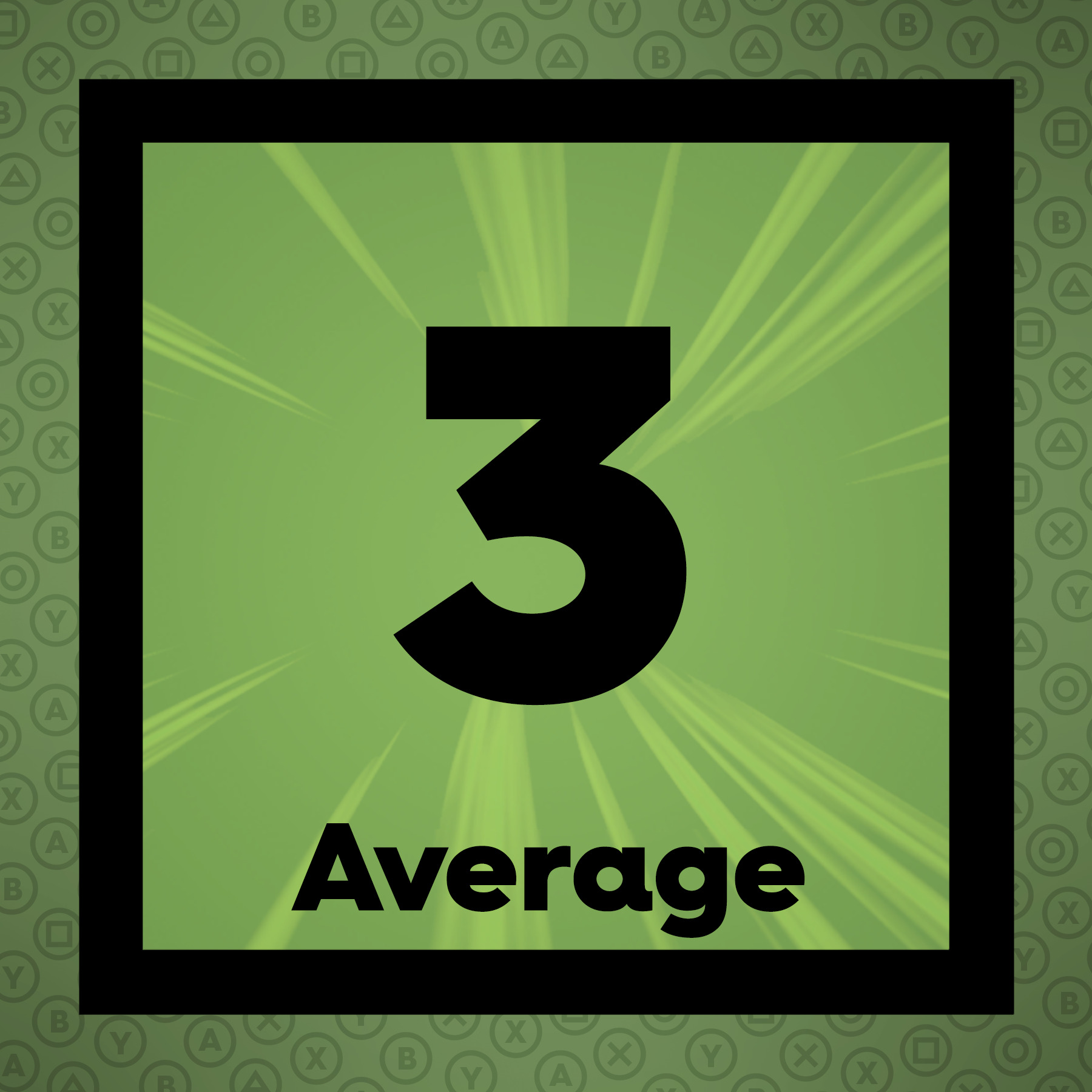 The Final Word
The Final Word
Final Fantasy XII takes an approach that could have easily made itself the best in the franchise, but with so much potential to be realized by far too many minds, its creativity mercilessly collapses in on itself.
– MonsterVine Rating: 3 out of 5 – Average


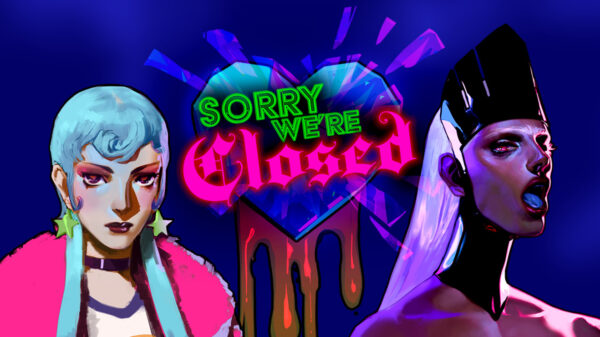
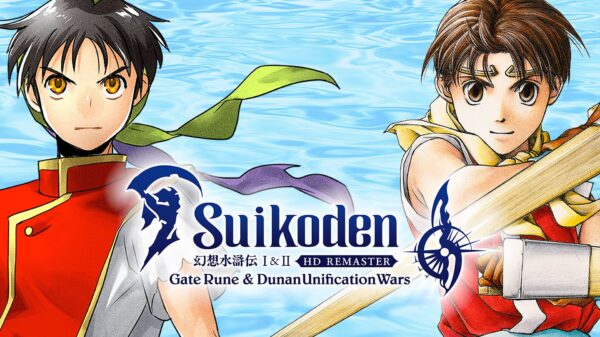


























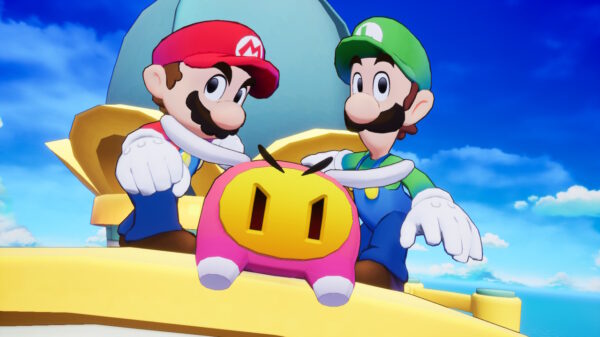

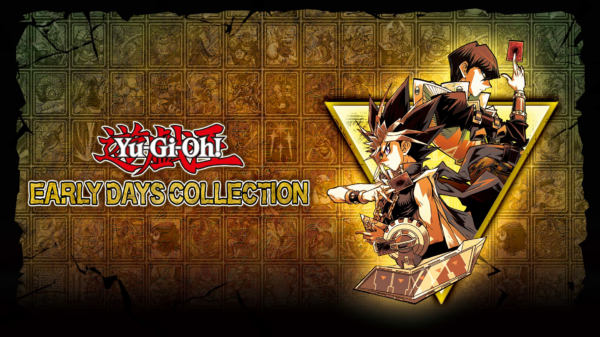



























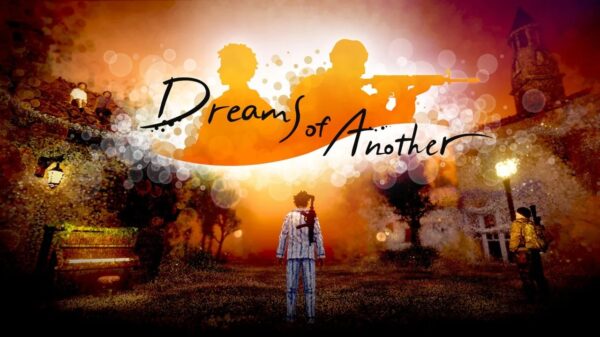
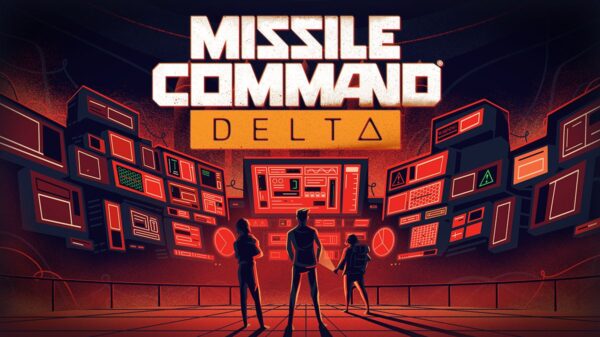
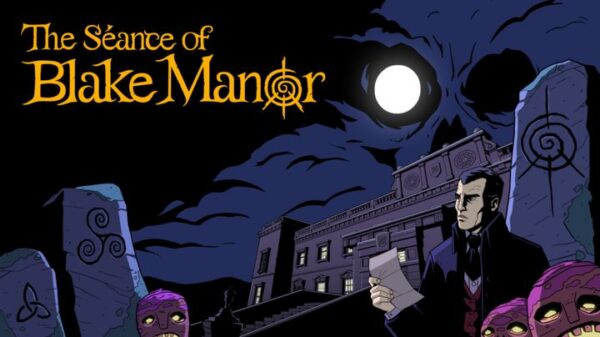
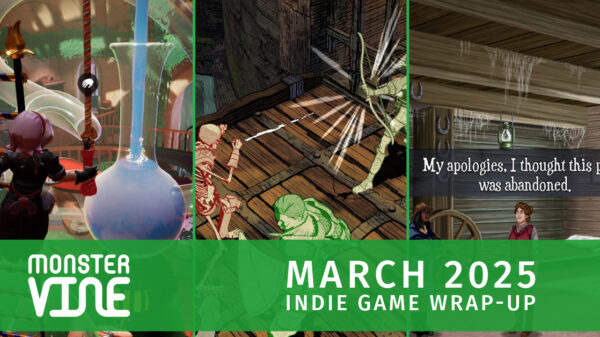






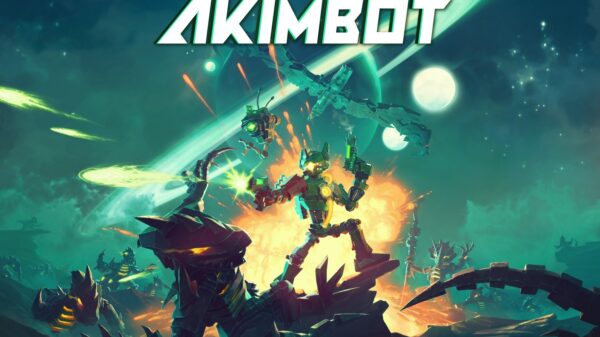

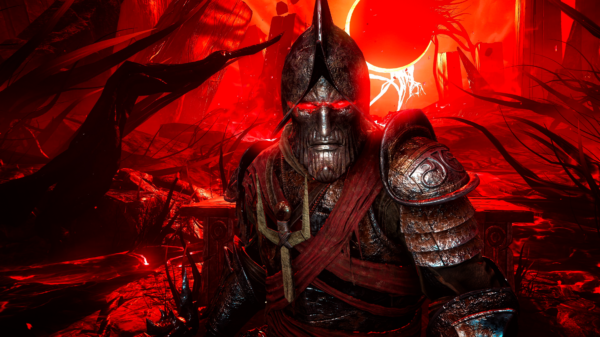



























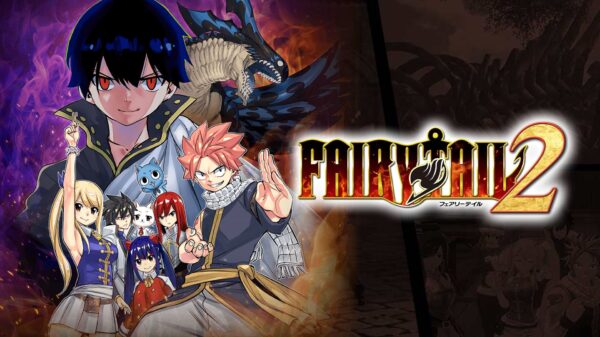
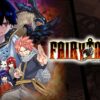
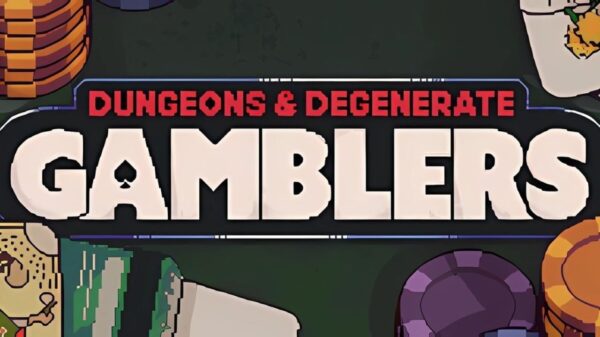
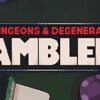
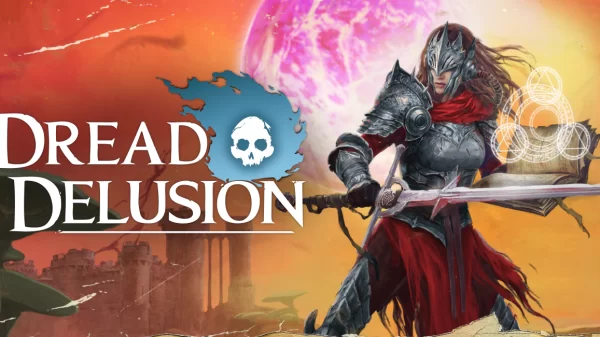
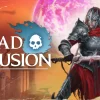
SparklingBlue
November 23, 2008 at 1:22 am
For me the story started of great, but I will agree it started to fall apart towards the end.
It also holds the award for sucking my whole family into playing it–my dad and I tag teamed a lot.
Pingback: Punch and Pie | MonsterVine.com